Date: 13 July 2015
Foam glass as an insulation material is becoming particularly important – produced using EIRICH mixing technology, as for example in a new production plant of ZАО Коmpanija STES-Wladimir in Russia, which commenced operations in the summer of 2014.Insulation materials can be generally classified into two groups, namely organic insulation materials and inorganic insulation materials. What all the materials have in common is that they have a lot of hollow spaces and therefore have a large volume for low weight, in other words they contain a lot of air, which is a relatively poor conductor of heat. For the use and performance capability of insulation materials, the reaction of the material to moisture and fire is of importance in many cases. Foam glass scores well in this respect.
In the production of insulation materials it is important to avoid energy-intensive processes and to use raw materials which are available without restriction as far as possible. Foam glass is made mainly from waste glass; the energy-intensive preliminary stage of producing glass from silica sand is not required. The finely ground glass has carbon carriers added to it and is then fed into a foaming furnace. At temperatures of up to 1,000°C the carbon is oxidized, with gas bubbles developing which induce the foaming process. The foamed blocks have a closed cell structure with thin glass walls and are easily workable. The insulation materials that are cut from them are heat-insulating, pressure-resistant, vapor-resistant and waterproof, as well as being dimensionally stable and resistant to acid.
According to the information supplied by the company, STES uses (unlike other companies that also use EIRICH preparation equipment) a unique patented production process in its production system, located in the town of Wladimir in the Moscow conglomeration, which delivers foam glass of particularly high quality. It has very small cells which result in high strength with a low raw density. Under the brand name of NEOPORM, the company not only supplies insulation materials for buildings but heat-insulating molded parts for power stations (e.g. for piping) as well as for the chemical and petrochemical industries. The products are considered to be the highest quality insulation material currently available on the market.
In trials it was found that the EIRICH mixing system, with its facility for control over the power input to the mixture on the basis of the shape and speed of the mixing tools, is the most suitable system for ensuring that the desired properties of the glass powder mixture can be achieved in a consistent quality. This was the reason why the two directors, Mr. Dudko sen. and Mr. Dudko jun., as well as deputy general director, Mr. Sinowjew, decided to choose EIRICH for the preparation of the mixture (including storage, feeding and mixing).
Other European suppliers were involved in the project along with EIRICH, including ZIPPE Industrieanlagen GmbH, Wertheim, with equipment for primary cullet processing, and Ehinger Impianti S.r.l., Milan, with grinding units.
Glass-based insulation materials are currently very much the trend throughout the world. In recent decades EIRICH has supplied more than 50 mixers throughout the world for the preparation of foam glass, expanded glass and glass gravel. Sophisticated formulas require good mixing technology. According to reports from customers, there are major advantages for preparation compared to plowshare mixers: Higher compression strengths by up to 50%, and much less wear on the mixing tools.
Further information:
Contact: Harald Eirich, e-mail: harald.eirich@eirich.de

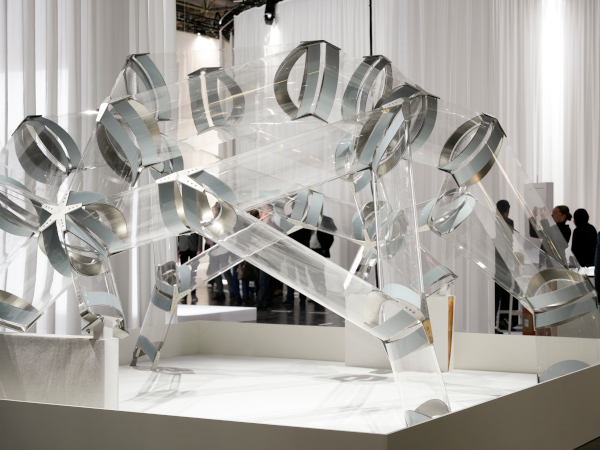

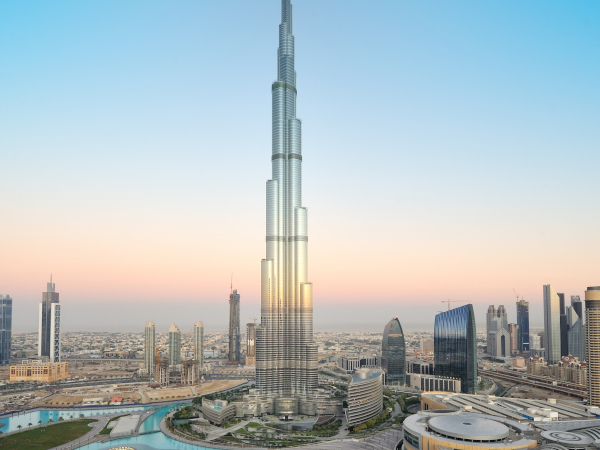
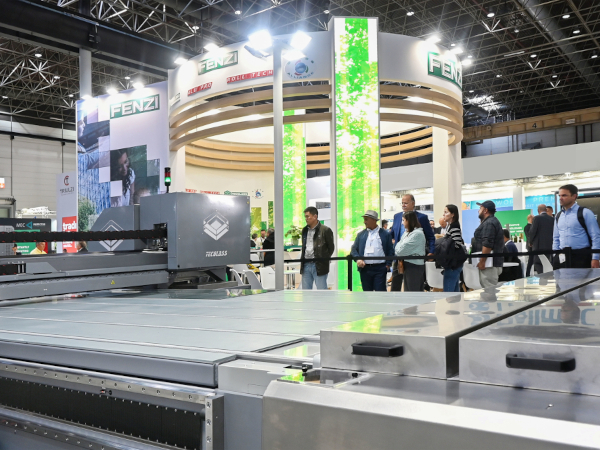
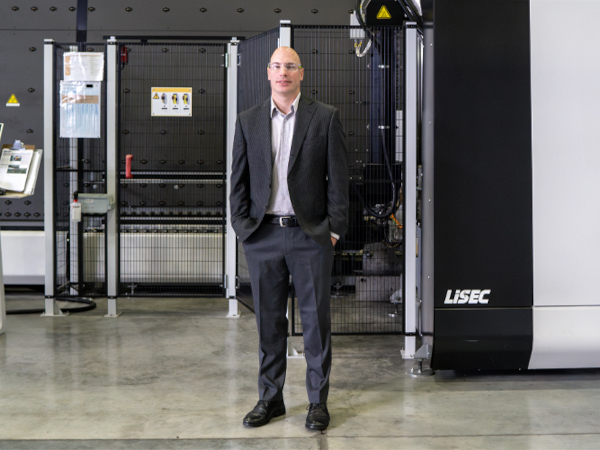
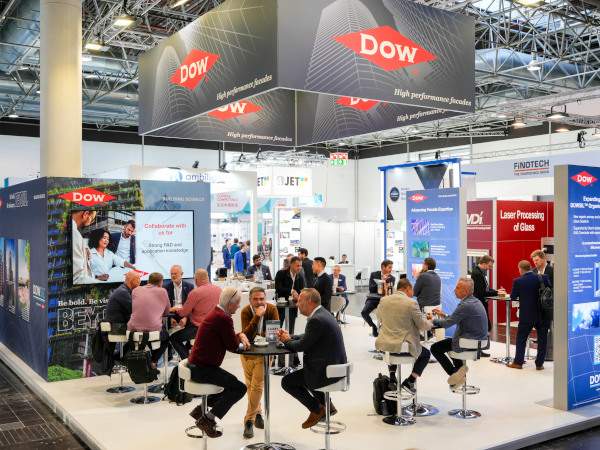
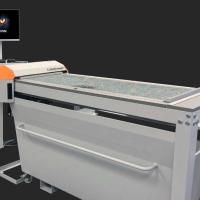
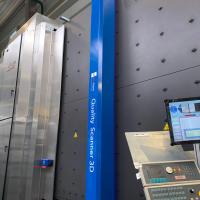
Add new comment